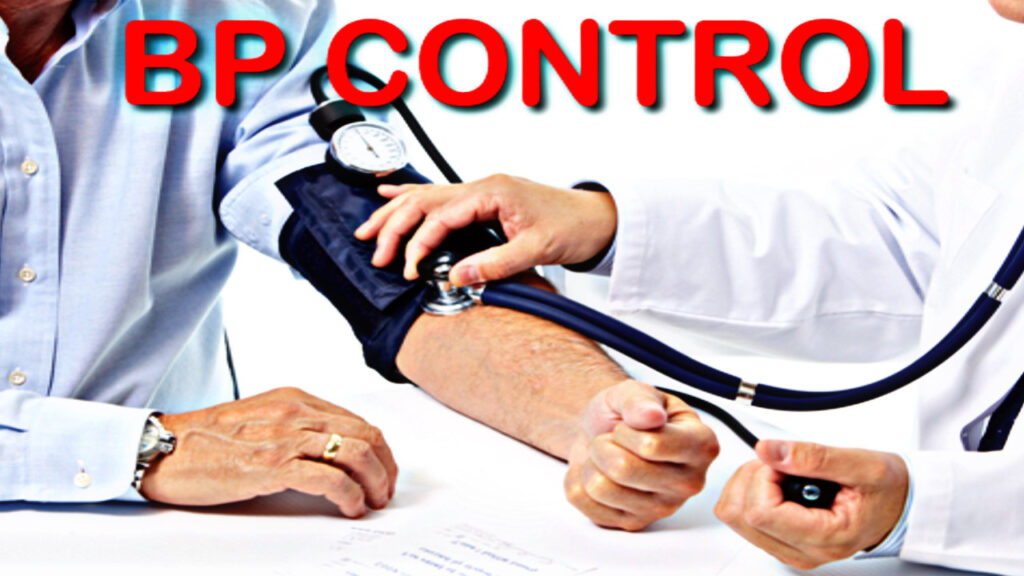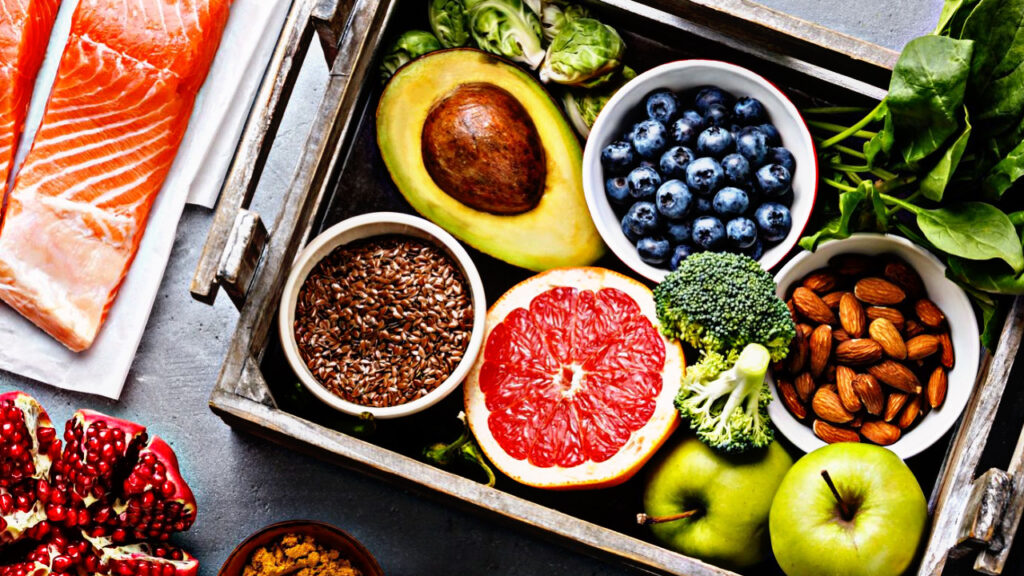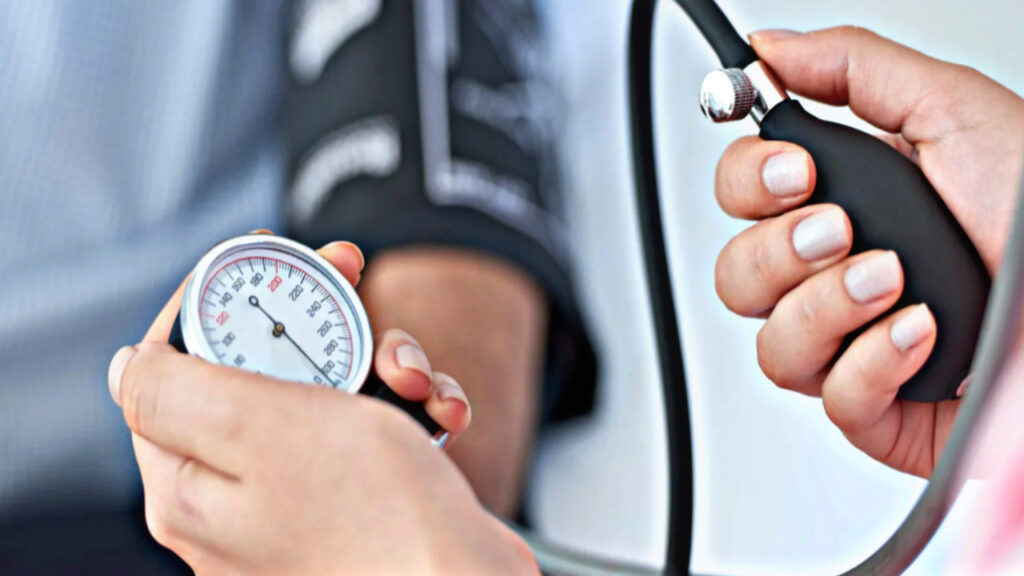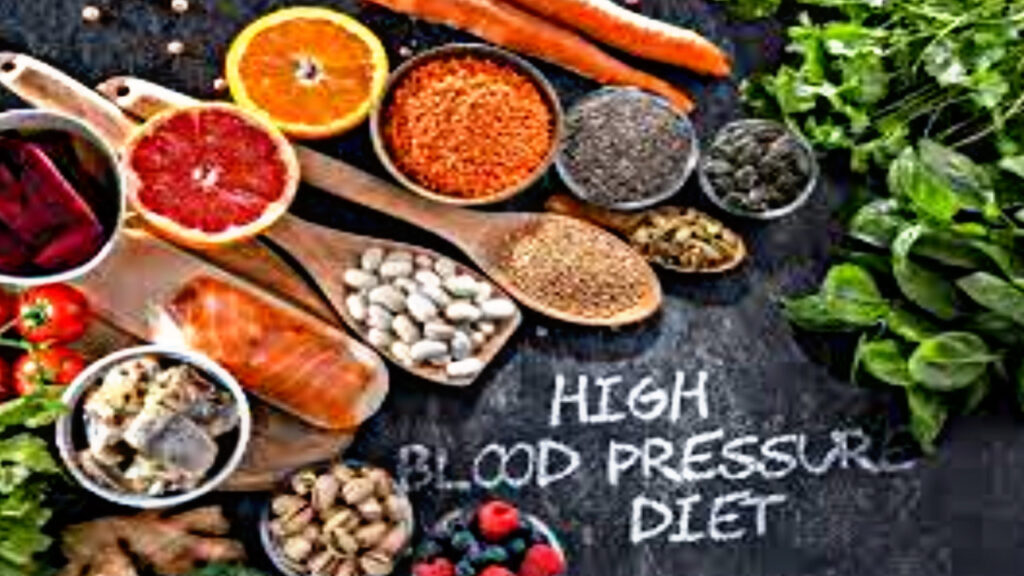Health
High blood pressure, also known as hypertension, is a common health issue that can increase the risk of heart disease, stroke, and kidney problems. One of the most effective ways to manage blood pressure naturally is by making changes to your daily diet. Eating the right foods can help keep your blood pressure within a healthy range and reduce the need for medications. Here are some dietary tips and food choices that can help control high BP.

1. Eat More Fruits and Vegetables
Fruits and vegetables are rich in vitamins, minerals, and antioxidants. They are also high in potassium, which helps balance the effects of sodium in the body and reduces blood pressure. Aim to include a variety of colorful fruits like bananas, oranges, apples, berries, and vegetables such as spinach, carrots, tomatoes, and broccoli in your meals every day.
2. Choose Whole Grains
Whole grains like brown rice, oats, whole wheat, quinoa, and barley are good sources of fiber and nutrients that help improve heart health. They can lower cholesterol levels and support healthy blood pressure. Replace refined grains like white rice and white bread with whole-grain alternatives.
3. Low-Fat Dairy Products
Low-fat or fat-free milk, yogurt, and cheese provide calcium and protein without adding too much saturated fat. Calcium plays an important role in maintaining healthy blood pressure levels. Avoid full-fat dairy products, as they contain more saturated fat, which can raise blood pressure.

4. Include Lean Proteins
Choose lean sources of protein such as skinless chicken, fish, eggs, beans, lentils, tofu, and nuts. Fatty fish like salmon, mackerel, and tuna are especially good because they contain omega-3 fatty acids, which are known to reduce blood pressure and improve heart health.
5. Limit Salt (Sodium) Intake
Too much salt in the diet is a major cause of high blood pressure. Try to consume less than 2,300 mg of sodium per day, and ideally, aim for 1,500 mg. Avoid processed foods like chips, canned soups, fast food, and ready-to-eat meals, as they often contain high levels of salt. Use herbs and spices like garlic, turmeric, cumin, and lemon to flavor your food instead.

6. Avoid Sugary and Fatty Foods
Reduce the intake of sugary drinks, sweets, fried foods, and foods high in saturated and trans fats. These can contribute to weight gain, high cholesterol, and increased blood pressure. Choose healthy fats like olive oil, nuts, and seeds in moderation.
7. Drink Enough Water
Staying well-hydrated helps your body function properly and supports blood circulation. Drink at least 6–8 glasses of water a day and avoid excessive consumption of caffeinated or sugary beverages.
Maintaining a healthy, balanced diet plays a key role in managing high blood pressure. By eating more fresh, whole foods and avoiding processed, salty, and fatty items, you can keep your blood pressure under control and improve your overall health. Always consult your doctor or a dietitian before making major changes to your diet, especially if you are on medication for hypertension.





